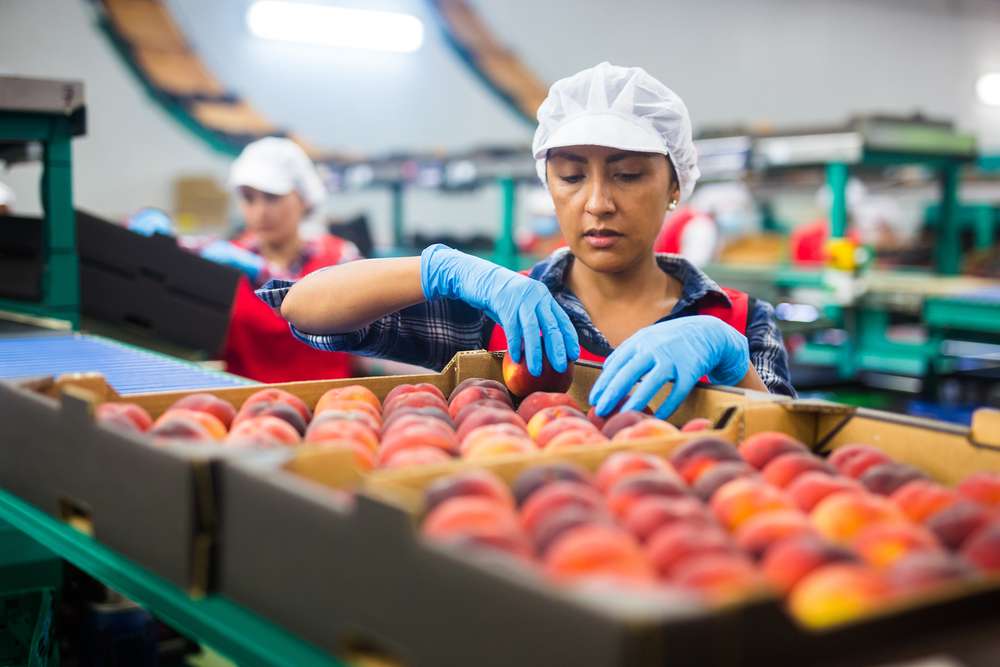Egg Packaging Careers: Exploring Food Industry Roles
Discover the world of egg packaging careers, a vital sector in the food production industry. From sorting to quality control, these roles offer stable employment and growth opportunities. Learn about the skills, working conditions, and career prospects in this essential field that ensures safe, efficient egg distribution to consumers worldwide. Explore how you can crack into this expanding job market and build a fulfilling career in food production.

The Egg Packaging Process: A Closer Look
Egg packaging is a multifaceted process that plays a crucial role in the food supply chain. Workers in this field are responsible for several key tasks:
- Sorting eggs by size and quality
- Implementing industry-standard grading systems
- Managing packaging equipment and machinery
- Carefully arranging eggs in cartons or trays
- Applying accurate labels and sealing packages
- Upholding strict cleanliness and sanitation standards
- Complying with food safety regulations and quality assurance protocols
Success in egg packaging roles requires meticulous attention to detail, physical endurance, and the ability to thrive in a fast-paced environment. Employees often spend long periods standing and may need to handle weighty egg containers throughout their shifts.
Essential Skills for Egg Packaging Professionals
While formal education requirements are typically minimal for entry-level positions, certain skills and attributes can set candidates apart:
• Precision and care in handling delicate products • Strong hand-eye coordination and manual dexterity • Robust physical stamina for prolonged standing and lifting • Effective teamwork and communication abilities • Basic numerical literacy for inventory and production tasks • Thorough understanding of food safety principles • Flexibility to operate various packaging technologies
Many facilities offer comprehensive on-the-job training, making prior experience in food production optional. However, familiarity with food handling or manufacturing environments can be advantageous for job seekers in this field.
Inside an Egg Packaging Facility: The Production Line
The journey of an egg from farm to store shelf involves a series of carefully orchestrated steps:
- Receiving: Eggs arrive from local farms to the packaging center.
- Cleaning: A thorough washing and sanitization process removes impurities.
- Inspection: Eggs undergo ‘candling’ to detect any flaws or fractures.
- Classification: Sorting occurs based on size and quality standards.
- Packaging: Eggs are gently placed into containers using automated systems.
- Labeling: Essential information is added to each package.
- Quality Assurance: Random sampling ensures adherence to safety and quality benchmarks.
- Logistics: Packaged eggs are stored in climate-controlled areas before distribution.
Throughout this process, egg packaging workers are instrumental in maintaining efficiency and compliance with industry regulations.
Work Environment in Egg Packaging Facilities
The atmosphere in egg packaging plants can vary, but common characteristics include:
• Climate Control: Facilities often maintain cool temperatures for optimal egg preservation. • Rapid Pace: The nature of egg production demands quick and efficient work. • Auditory Considerations: Packaging equipment can create a noisy environment. • Physical Demands: Jobs typically involve extended periods of standing and lifting. • Flexible Scheduling: Many facilities operate continuously, requiring various shift patterns. • Safety Emphasis: Strict adherence to food safety and occupational health protocols is paramount. • Collaborative Culture: Many tasks require teamwork and coordination among staff.
Employers generally provide necessary safety gear such as hairnets, gloves, and protective footwear to ensure a hygienic and secure workplace.
Career Growth in Egg Packaging and Food Production
Entry-level egg packaging positions can serve as a springboard to diverse opportunities within the food production sector. Potential career advancements include:
• Leadership Roles: Progression to team leader or supervisor positions. • Quality Assurance: Transition into specialized quality control functions. • Equipment Expertise: Development of skills in operating and maintaining packaging machinery. • Supply Chain Management: Application of packaging knowledge to inventory and distribution roles. • Regulatory Compliance: Leveraging food handling experience for careers in safety regulation. • Operations Planning: Utilizing process understanding for production scheduling and management.
As the food industry evolves, new opportunities may emerge in areas such as sustainable packaging or advanced food preservation technologies, offering paths for professional development and specialization.
Conclusion: A Recipe for Success in Egg Packaging Careers
Egg packaging offers a stable and essential career path within the food production industry. While the work can be physically challenging and fast-paced, it provides valuable opportunities for those passionate about contributing to the food supply chain. With dedication, skill development, and adaptability, individuals in egg packaging roles can cultivate rewarding long-term careers in food production and related fields. As global demand for eggs continues to rise, this sector promises ongoing stability and growth potential for motivated professionals.






